Explore Financing Options Tailored to Your Business Needs
Our Services
Declare Capital offers a wide range of loan products to help your business grow, thrive, and succeed. Choose the option that fits your goals and apply today!

Investment Real Estate
Investment real estate refers to properties purchased with the primary goal of generating income, profit, or appreciation over time. These properties can include residential units (e.g., rental homes, apartments), commercial spaces (e.g., offices, retail buildings), or industrial facilities (e.g., warehouses).

SBA
These loans are designed to help small businesses secure funding with favorable terms that may not be available through traditional lenders. The SBA guarantees a portion of the loan, reducing the risk for lenders and making it easier for small businesses to access capital.
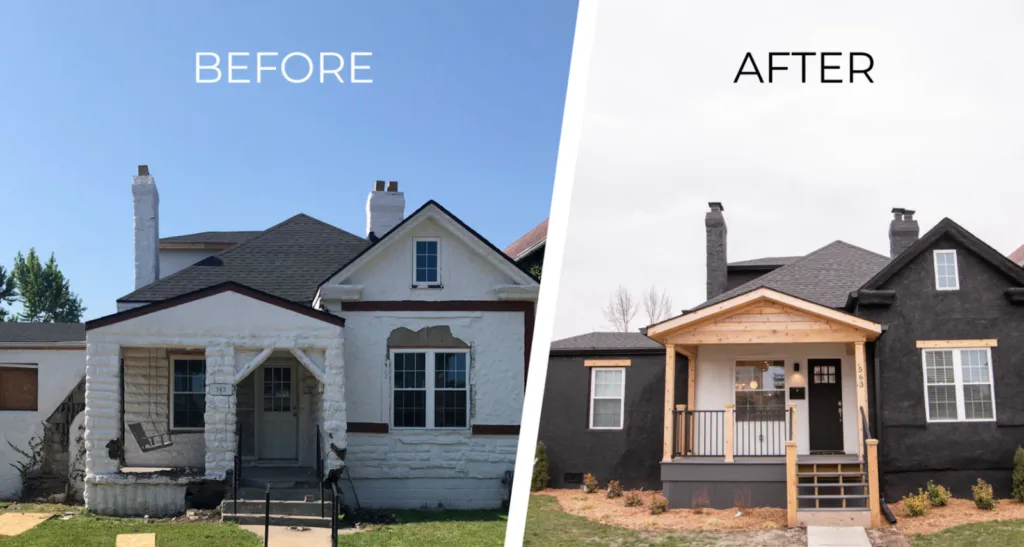
Fix - Flip / Hard Money
Is a short-term loan designed for real estate investors who purchase, renovate, and resell properties for profit. These loans are commonly referred to as "hard money loans" because they are secured by the property itself rather than the borrower’s creditworthiness.

Business Lines of Credit
Is a flexible financing option that allows businesses to access funds up to the credit limit. This credit lets businesses draw only the amount they need, when they need it, and they pay interest only on the amount used. Once the borrowed funds are repaid, they become available again for future use.

Equipment Loans
An equipment loan is a type of business financing specifically designed to help companies purchase or lease essential equipment. This could include machinery, vehicles, computers, medical devices, or other tools necessary for operations.
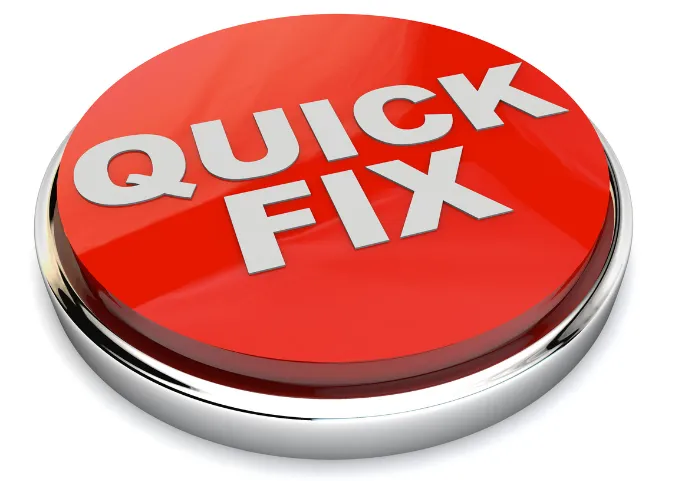
MCA
A financing option where a business receives a lump sum of cash upfront in exchange for a percentage of its future credit card or daily sales revenue. Unlike traditional loans, MCAs are repaid through a portion of the business's daily or weekly transactions.

Asset Based Lending
Is a type of financing where a business secures a loan or line of credit using its assets as collateral. These assets can include accounts receivable, inventory, equipment, or real estate. The amount of funding provided is typically based on the value of the pledged assets.
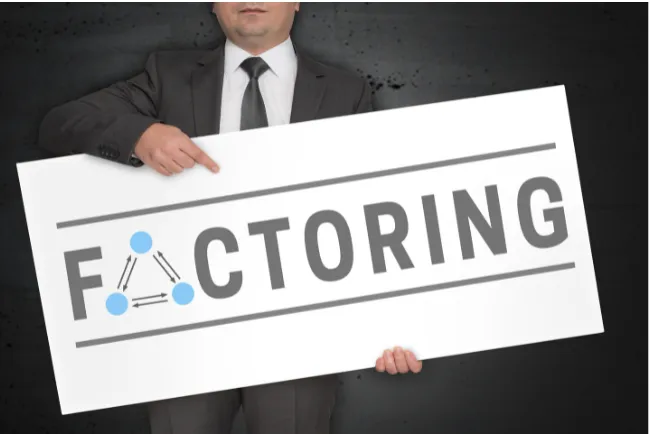
Factoring
Is a financial transaction in which a business sells its accounts receivable (invoices) to a third party, called a factor, at a discount. This provides the business with immediate cash flow, while the factor assumes the responsibility of collecting payments from the business’s customers.

Bridge Financing
Is a short-term loan used to "bridge the gap" between immediate financial needs and long-term funding solutions. It is typically used by businesses or investors to cover temporary cash flow needs, finance real estate purchases, or support business operations while waiting for permanent financing or a significant cash inflow.
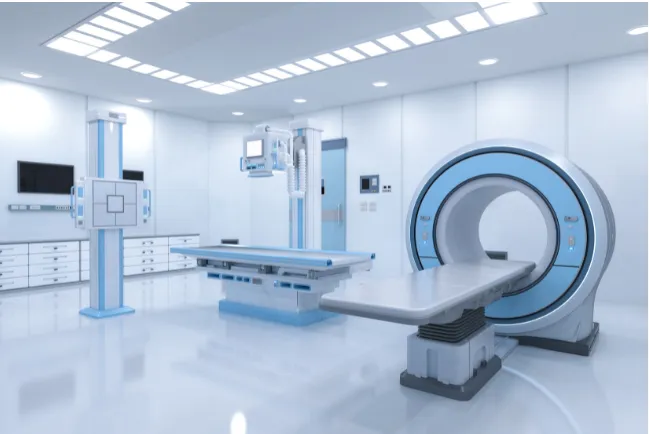
Healthcare Financing
Specialty healthcare financing provides tailored financial solutions specifically designed for healthcare providers and businesses. This type of financing addresses the unique challenges of the healthcare industry. It enables healthcare organizations to deliver quality care while maintaining operational efficiency.

Project Financing
Is used for large-scale, capital-intensive projects such as infrastructure developments, energy plants, real estate developments, or industrial ventures. It is typically structured as non-recourse or limited recourse financing, meaning the repayment depends primarily on the project's cash flow rather than the borrower's assets.
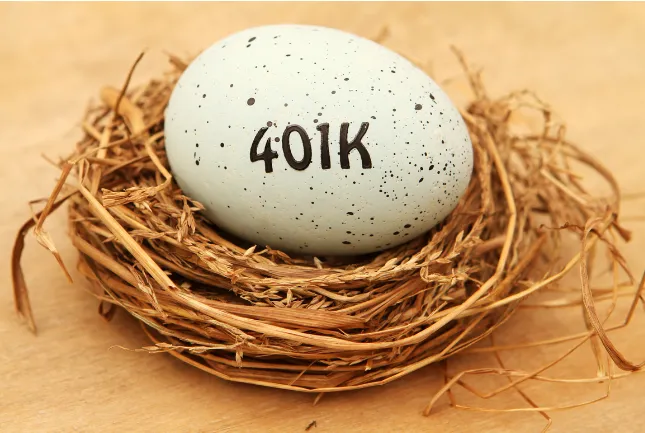
401K Retirement Fund
A financing strategy where individuals use their 401K retirement accounts to start, grow, or invest in a business. This is typically facilitated through Rollover for Business Startups (ROBS) allowing business owners to leverage their retirement savings without incurring early withdrawal penalties.
Testimonials

— Michael R.
I had an incredible experience with Declare Capital. The team was attentive and helped me navigate my loan process smoothly. Thanks to their expert guidance, I was able to secure my loan without any hassle. Highly recommend!


— Sarah T.
The support I received from them was outstanding! They took the time to understand my needs and found the perfect financing solution for my investment property. I couldn't have done it without them!


